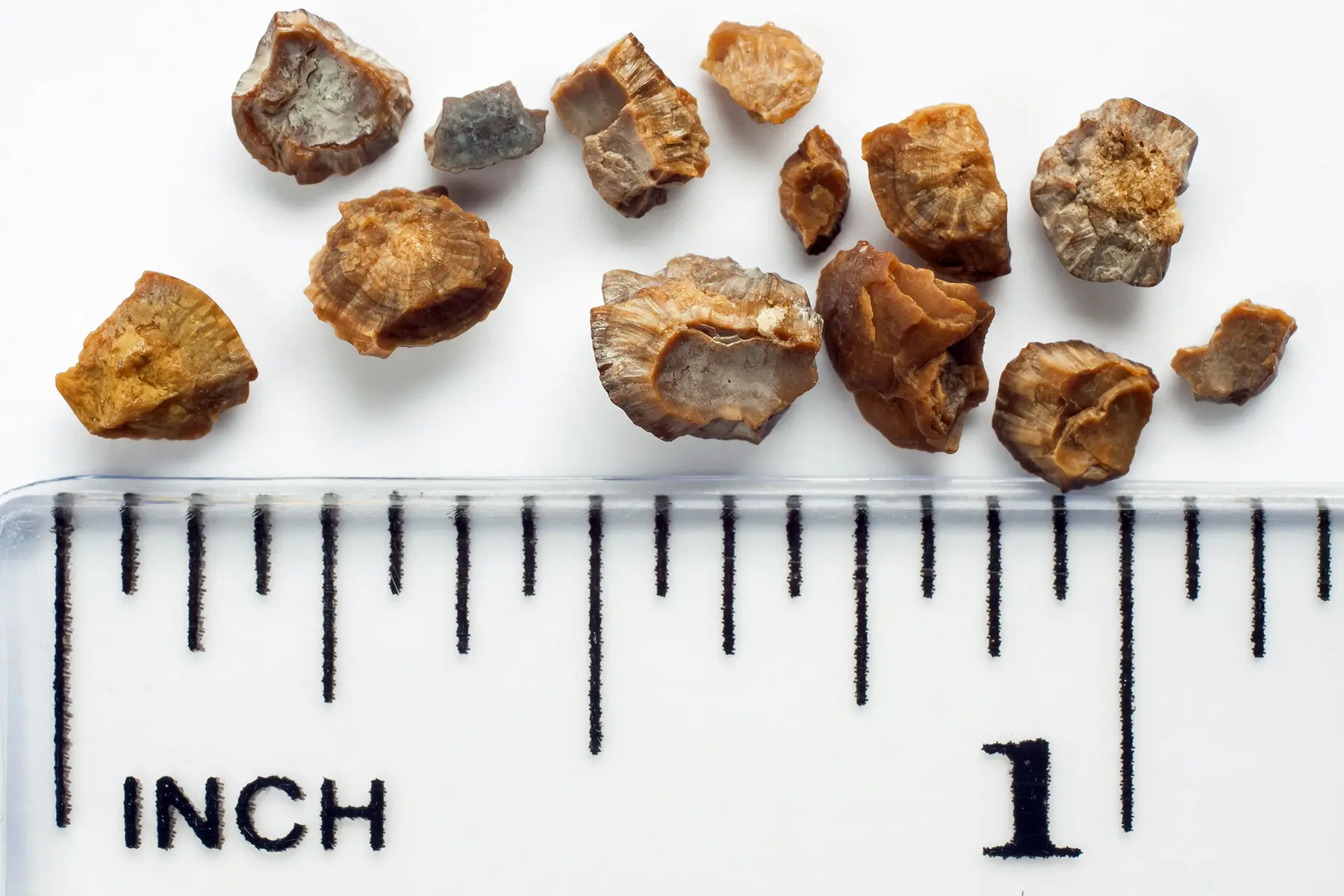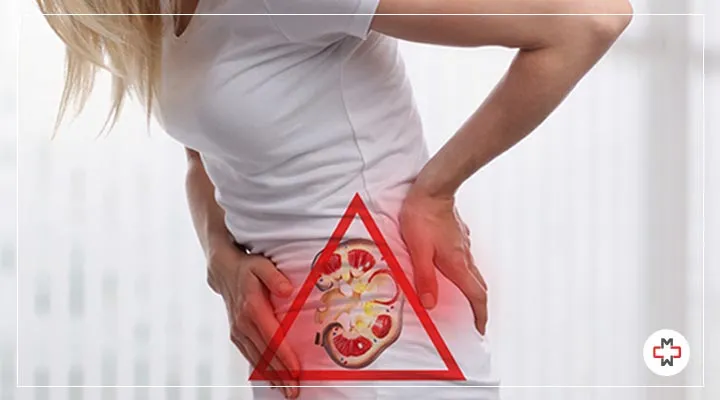Recognizing the Differences Between Kidney Stones vs UTI: Key Symptoms and Treatments
Comprehending the Secret Differences Between Kidney Stones and Urinary System Infections: An Extensive Summary for Patients
Understanding the differences between kidney stones and urinary system system infections (UTIs) is crucial for people who may be experiencing comparable signs yet deal with significantly various wellness obstacles. As we explore these vital facets, it ends up being clear that acknowledging the special features of each condition can exceptionally influence patient outcomes.
Overview of Kidney Stones
The formation of kidney stones, a painful and commonly devastating condition, highlights the critical significance of keeping kidney wellness. The primary kinds of kidney stones consist of calcium oxalate, calcium phosphate, uric acid, struvite, and cystine stones, each with distinct causes and danger factors.
Numerous factors contribute to the formation of kidney stones. Additionally, metabolic disorders and particular medical problems might predispose individuals to stone formation.
Signs and symptoms of kidney stones can consist of serious flank discomfort, hematuria, and nausea, which frequently prompt immediate clinical examination. Treatment choices vary, varying from boosted fluid consumption and dietary modifications to clinical treatments such as lithotripsy or surgical elimination, depending on the dimension and location of the stones. Recognizing these elements is necessary for reliable prevention and monitoring.
Review of Urinary System Tract Infections
Urinary system system infections (UTIs) represent an usual yet considerable health and wellness worry, impacting millions of people every year. These infections take place when microorganisms enter the urinary system, that includes the kidneys, ureters, bladder, and urethra. The majority of UTIs are created by Escherichia coli, a sort of microorganisms generally located in the intestinal tract. While UTIs can impact anyone, they are particularly widespread in females because of physiological distinctions that assist in bacterial entrance.
The danger aspects for creating a UTI include sex, particular types of birth control, urinary system retention, and a background of previous infections. Individuals with damaged immune systems or pre-existing conditions, such as diabetes, may likewise go to higher threat. UTIs can be classified into two major kinds: uncomplicated and difficult. Uncomplicated UTIs are normally restricted to the bladder and are much more typical in healthy and balanced people, while complicated UTIs may include the kidneys and happen in those with underlying wellness issues.
Prompt diagnosis and treatment are necessary to protect against difficulties, such as recurrent infections or kidney damages (Kidney Stones vs UTI). Normally, UTIs are treated with prescription antibiotics, and preventive procedures can be employed for those with constant occurrences
Usual Signs And Symptoms Contrast
Signs of urinary tract infections and kidney stones can often overlap, leading to complication in medical diagnosis. Both problems can provide with discomfort in the lower abdomen or back, yet the nature and area of the discomfort usually vary. In urinary tract infections (UTIs), patients commonly experience a burning experience throughout urination, constant prompts to pee, and strong-smelling or gloomy pee. On the other hand, kidney stones tend to create extreme, acute pain that emits from the back to the reduced abdomen and groin, frequently explained as colicky discomfort.
Furthermore, UTIs might be come with by fever and cools, particularly in extra severe situations, while kidney stones can lead to nausea and throwing up due to intense discomfort. While discomfort throughout urination is a characteristic of UTIs, kidney stones normally offer with even more severe pain episodes, which might come and go.
Medical Diagnosis Techniques
Just how can medical care specialists accurately differentiate between kidney stones and urinary system system infections? The analysis process starts with a thorough case history and a thorough review of the person's signs and symptoms. Medical professionals frequently execute a physical exam, which might reveal tenderness in the abdomen or flank area, guiding the analysis path.
Research laboratory tests play an essential role in identifying in between these two conditions. Kidney Stones vs UTI. A urinalysis can recognize the visibility of blood, crystals, or bacteria, which are a sign of either problem. In situations of urinary system system infections, the urinalysis might show a substantial visibility of leukocyte and nitrites, while kidney stones may provide with specific crystals
Imaging researches, such as stomach ultrasound or computed tomography (CT) checks, are crucial for visualizing kidney stones. These imaging strategies enable doctor to assess stone dimension, area, and prospective blockages in the urinary system system. On the other hand, urinary system system infections usually do not require imaging unless difficulties are believed.
With each other, these diagnostic methods empower medical care experts to accurately detect and distinguish in between kidney stones and urinary system tract infections, ensuring that people get appropriate treatment and management.
Treatment Alternatives and Prevention
While both kidney stones and urinary system infections (UTIs) require timely therapy, their administration techniques vary considerably.
The therapy for kidney stones commonly involves pain monitoring, hydration, and sometimes, clinical procedures such as extracorporeal shock wave lithotripsy (ESWL) or ureteroscopy to eliminate or damage down stones. Patients are often suggested to increase fluid consumption to help with stone flow and lower recurrence. Nutritional modifications may likewise be essential, depending on the stone kind.
On the other hand, UTIs are largely treated with anti-biotics to remove the microbial infection. The details antibiotic recommended depends upon the germs determined and neighborhood resistance patterns. Added actions, such as enhanced fluid intake and urinary system anesthetics, might aid ease signs and symptoms.
Prevention strategies vary also; for kidney stones, preserving sufficient hydration and sticking to nutritional limitations can be effective. For UTIs, preventive approaches include correct hygiene practices, peing after sexual intercourse, and perhaps preventative prescription antibiotics for reoccurring navigate to these guys infections. Understanding these treatment and prevention methods is important for reliable administration and to lessen the risk of complications linked with both problems.
Conclusion

Comprehending the differences between kidney stones and urinary system system infections (UTIs) is vital for people who may be experiencing comparable symptoms yet deal with greatly various health challenges. The primary kinds of kidney stones consist browse around this web-site of calcium oxalate, calcium phosphate, uric acid, struvite, and cystine stones, each with unique causes and threat elements.
